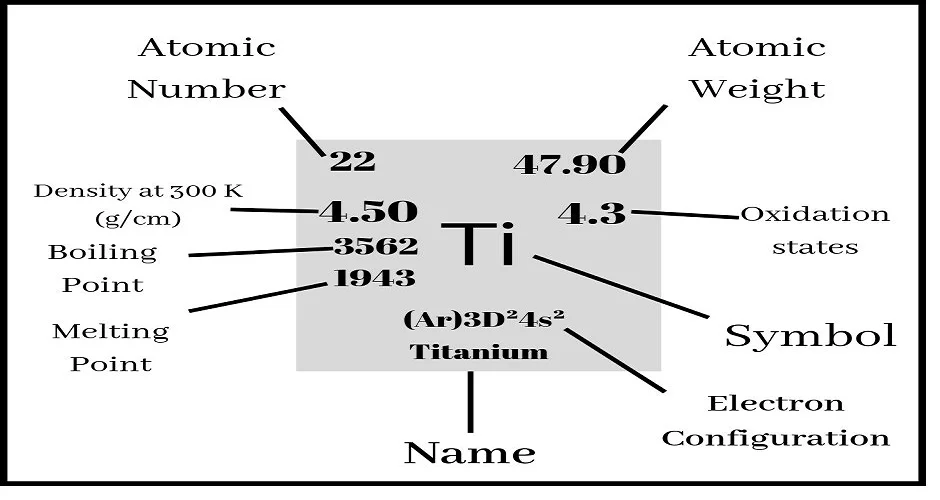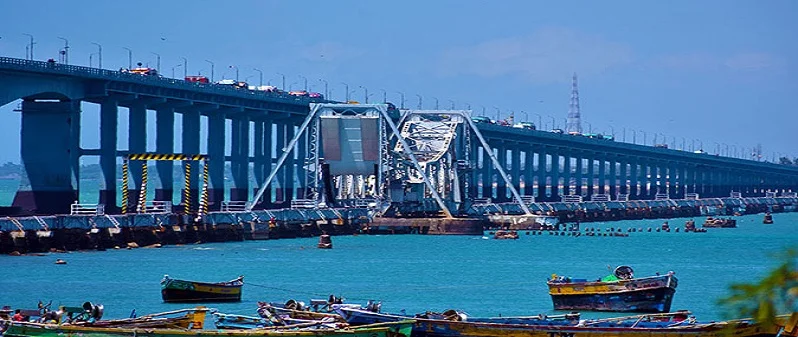
The oil and gas industry is a complex and demanding field that requires high-quality materials and infrastructure to ensure efficient and safe operations. One of the critical components in this industry is piping, which plays a vital role in the extraction, transportation, and processing of oil and gas. Various types of pipes are used in the oil and gas industries, each designed to meet specific requirements and conditions. Here’s an overview of the main types of pipes used in these industries:
1. Seamless Pipes
Seamless pipes are manufactured without any welds or seams, providing a high level of strength and durability. They are ideal for high-pressure applications and are commonly used in the oil and gas industry for transporting fluids and gases under extreme conditions. The absence of seams ensures that these pipes have a uniform structure, reducing the risk of leaks and failures.
2. Welded Pipes
Welded pipes are made by welding together steel plates or coils. They are generally less expensive than seamless pipes and are used in applications where high pressure is not a critical factor. There are different types of welded pipes, including Electric Resistance Welded (ERW), Longitudinal Submerged Arc Welded (LSAW), and Spiral Submerged Arc Welded (SSAW) pipes, each offering varying levels of strength and durability.
3. Carbon Steel Pipes
Carbon steel pipes are known for their strength and ability to withstand high pressure and temperatures. They are widely used in the oil and gas industry for various applications, including the transportation of oil, gas, and other fluids. Carbon steel pipes come in both seamless and welded forms, offering versatility for different industrial needs.
4. Stainless Steel Pipes
Stainless steel pipes are highly resistant to corrosion, making them suitable for use in harsh environments where exposure to chemicals, moisture, and other corrosive elements is common. These pipes are often used in offshore drilling rigs, refineries, and other areas where durability and longevity are crucial.
5. Alloy Steel Pipes
Alloy steel pipes contain elements such as chromium, molybdenum, and nickel, which enhance their mechanical properties and resistance to corrosion and high temperatures. These pipes are ideal for use in high-pressure and high-temperature applications, making them suitable for critical components in the oil and gas industry.
6. Polyethylene (PE) Pipes
Polyethylene pipes are lightweight, flexible, and resistant to corrosion and chemicals. They are often used for transporting natural gas and other low-pressure applications. PE pipes are easy to install and maintain, offering a cost-effective solution for various oil and gas industry needs.
7. Polyvinyl Chloride (PVC) Pipes
PVC pipes are commonly used for low-pressure applications in the oil and gas industry. They are resistant to corrosion and chemical damage, making them suitable for transporting water, gas, and other fluids. PVC pipes are also lightweight and easy to handle, reducing installation costs and time.
8. Composite Pipes
Composite pipes are made from a combination of materials, such as fiberglass and resin, providing a high strength-to-weight ratio and excellent resistance to corrosion and chemical exposure. These pipes are used in various applications, including the transportation of corrosive fluids and gases.
Conclusion
The selection of pipes in the oil and gas industry is critical to ensuring efficient and safe operations. Each type of pipe offers unique properties and advantages, making them suitable for different applications and environments. Whether it’s the strength and durability of seamless and welded pipes, the corrosion resistance of stainless and alloy steel pipes, or the flexibility and cost-effectiveness of polyethylene and PVC pipes, choosing the right type of pipe is essential for the success of any oil and gas project. By understanding the different types of pipes available, industry professionals can make informed decisions that enhance the performance and reliability of their operations.



